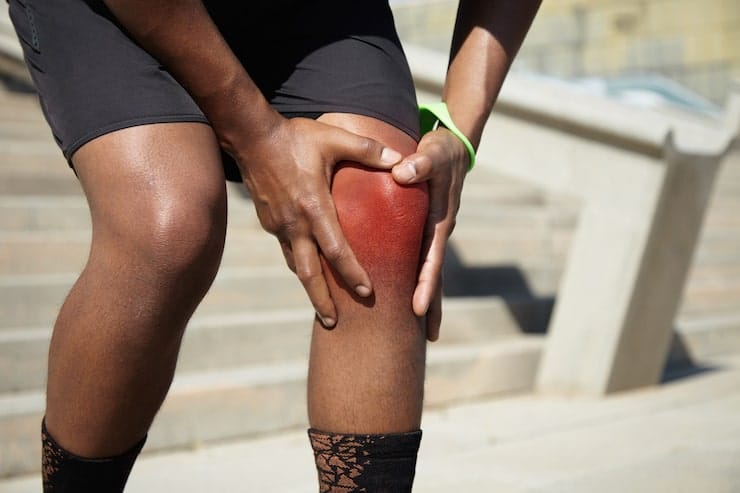Effective Solutions to Maintain Strong Knee Health
Knee pain is one of the most common health concerns affecting people of all ages, from young athletes to older adults. Maintaining good knee pain health is essential because our knees bear much of the body’s weight and enable mobility, stability, and flexibility.

Pain or stiffness in this vital joint can make everyday activities like walking, climbing stairs, or even sitting down uncomfortable. According to Harvard Health Publishing, knee pain can arise from injury, overuse, arthritis, or structural problems, and managing it early is key to preventing long-term joint damage.
Common Causes of Knee Pain
Knee pain can be caused by various factors, ranging from temporary injuries to chronic conditions. Mayo Clinic notes that common causes include ligament injuries, cartilage tears, arthritis, and tendonitis. Repetitive strain from running or sports, improper posture, or even wearing the wrong shoes can contribute to discomfort.
Osteoarthritis is one of the leading causes of chronic knee pain, particularly among older adults. This degenerative condition wears down the cartilage that cushions the bones, leading to stiffness and inflammation. For younger individuals, sports-related injuries like ACL tears or meniscus damage are frequent culprits.
How to Diagnose and Treat Knee Pain
If knee pain persists for more than a few days, it’s crucial to get a professional diagnosis. Health experts at Cleveland Clinic emphasize the importance of early intervention to prevent further damage. Doctors may recommend X-rays, MRI scans, or physical exams to determine the underlying cause.
Treatment options depend on the diagnosis. Mild pain can often be managed through rest, ice therapy, compression, and elevation (the RICE method). Over-the-counter anti-inflammatory medications may also help reduce swelling. In more severe cases, physical therapy, corticosteroid injections, or even surgery might be necessary. WebMD also highlights the role of physiotherapy in strengthening the surrounding muscles to reduce stress on the knee joint.
Exercise and Lifestyle Changes for Better Knee Pain Health
Maintaining strong and flexible muscles is one of the best ways to protect knee health. Low-impact exercises such as swimming, cycling, and walking can improve mobility without putting excessive pressure on the joints. Strengthening the quadriceps, hamstrings, and calves helps stabilize the knee and prevent injury.
According to Arthritis Foundation, yoga and stretching can also enhance joint flexibility and reduce pain. Maintaining a healthy weight is equally important, as extra body weight increases pressure on the knees. Even a small reduction in weight can significantly lower the risk of joint strain and discomfort.
Natural and Preventive Care for Long-Term Relief
Besides medical treatments, adopting preventive habits can ensure long-term knee pain health. Wearing proper footwear, using knee supports during exercise, and avoiding sudden movements can help protect the joint. Consuming a diet rich in omega-3 fatty acids, vitamin D, and calcium supports bone and joint health.
Hydration also plays a role — staying hydrated keeps joints lubricated and reduces stiffness. For chronic pain sufferers, Johns Hopkins Medicine suggests incorporating regular physical therapy sessions to maintain strength and mobility over time.
When to Seek Medical Advice
Persistent or worsening knee pain should not be ignored. If swelling, redness, or loss of mobility occurs, consult a healthcare provider immediately. Early medical attention can prevent further complications and improve recovery outcomes.
Final Thoughts
Knee pain can affect anyone, but understanding its causes and maintaining healthy habits can go a long way toward prevention and recovery. Whether caused by injury, age, or lifestyle, proper management ensures long-term knee pain health and mobility. Combining medical advice, exercise, and a balanced diet can keep your knees strong and flexible for years to come. Taking care of your knees today means ensuring an active and pain-free tomorrow.